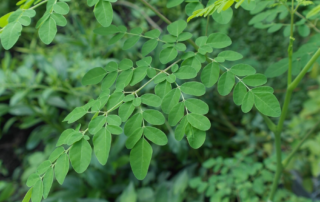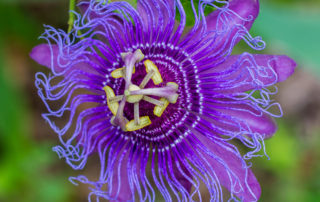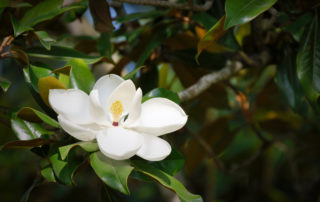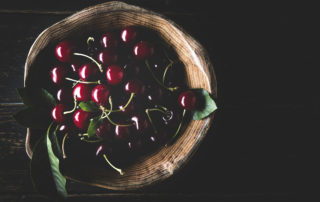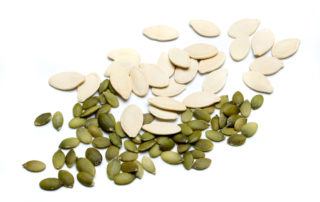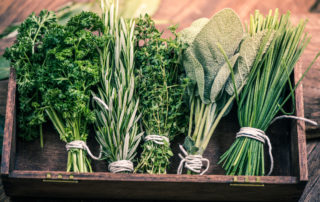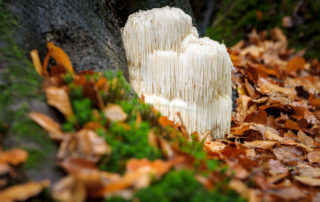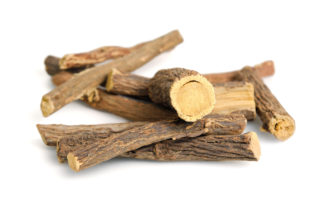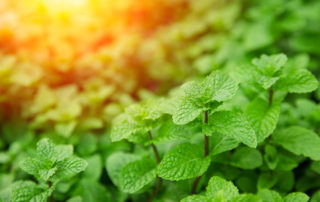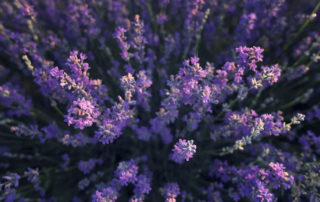Lowering Glutamate | Moringa
Moringa and Glutamate Moringa has shown to help mitigate the damages of dietary monosodium glutamate by modifying liver function, oxidative stress, DNA damage, kidney injury, liver injury, and PCNA expression. Roles of Moringa oleifera Leaf Extract in Improving the Impact of High Dietary Intake of Monosodium Glutamate-Induced Liver Toxicity, Oxidative Stress, Genotoxicity, DNA Damage, and PCNA Alterations in Male Rats https://www.hindawi.com/journals/omcl/2018/4501097/ "Monosodium glutamate (MSG) produces adverse and damaging effects in different organs like liver and kidneys. Moringa causes ameliorating effect on kidney and liver injury induced by monosodium glutamate in rats." Ameliorating Effect of Moringa against Liver and [...]

